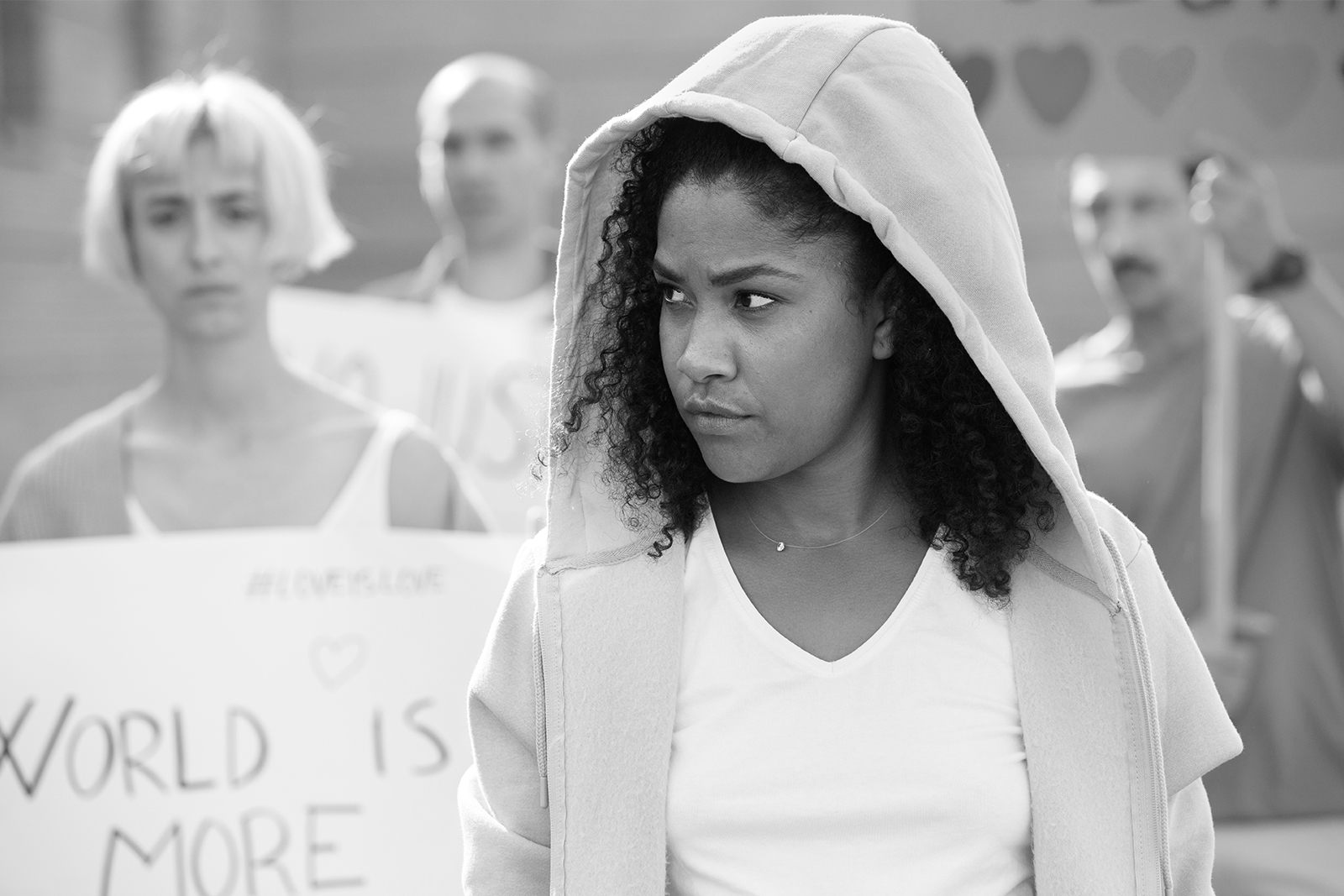Multicultural Issues

Discussing cultural differences in therapy can foster empathy and help each partner see the issue from the other’s point of view. This understanding can bridge gaps and create a stronger, more harmonious connection. It’s important to note that cultural differences aren’t limited to couples from different countries; they can also arise between individuals from the same country who were raised in different environments, hold different beliefs, or have distinct family traditions.
Common cultural issues that couples may face include:
- Ways of communication and arguments: Different cultural norms around expressing disagreement or resolving conflict.
- Reactions to conversations: Varied expectations about how to respond during discussions.
- Tone of voice: Cultural differences in how tone and volume are perceived.
- Raising children or stepchildren: Conflicting approaches to parenting and discipline.
- Different needs: Varied expectations around emotional, physical, or relational needs.
- Religious differences: How faith and spirituality influence values, traditions, and daily life.
In therapy, we create a safe space to explore these differences, understand their impact on the relationship, and find ways to navigate them with respect and empathy. By embracing both the commonalities and the unique cultural aspects of each partner, we can work toward building a deeper, more fulfilling connection.
If you’re facing challenges related to cultural differences in your relationship, I invite you to reach out. Together, we can explore these dynamics and create a path toward greater understanding and harmony.
Typical cultural issues could include:
- Ways of communications and arguments.
- The way of reaction to a conversation.
- Tone of voice.
- Way of raising children/stepchildren.
- Different needs.
- Different relig

